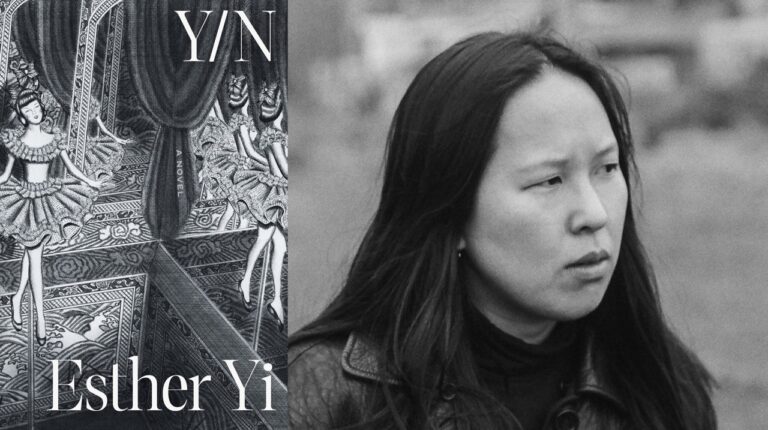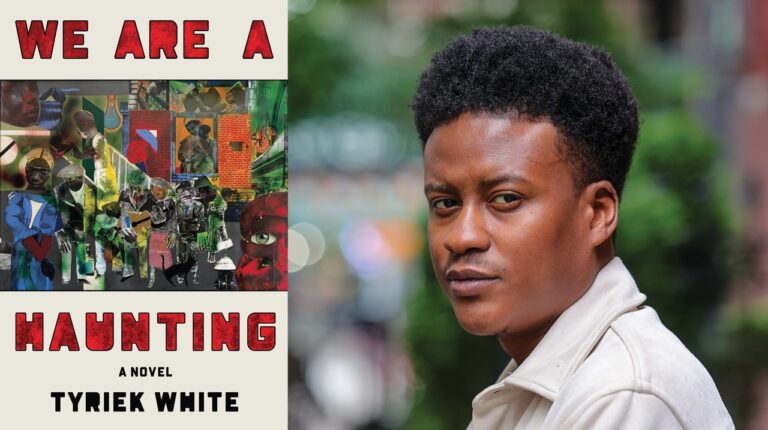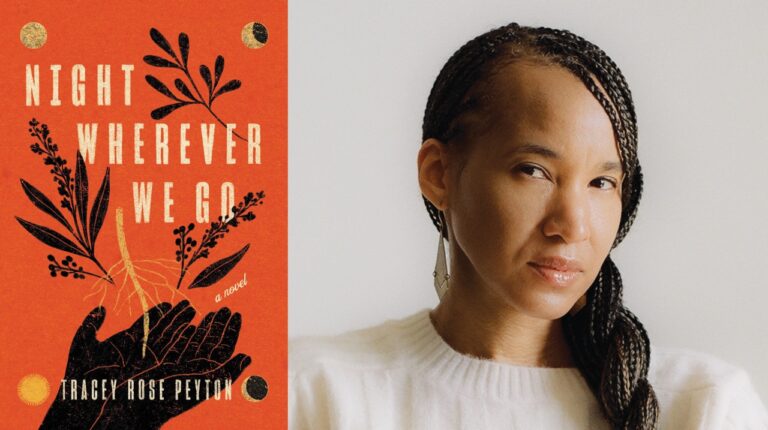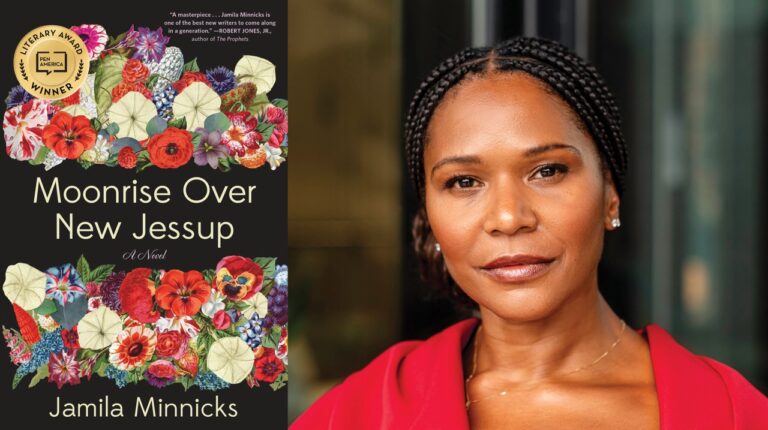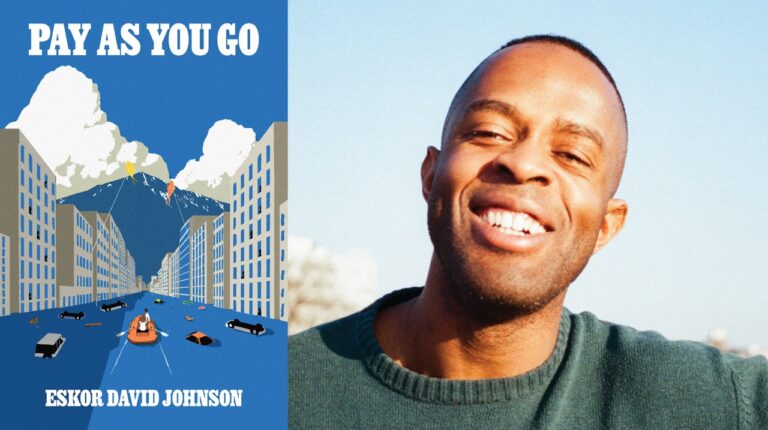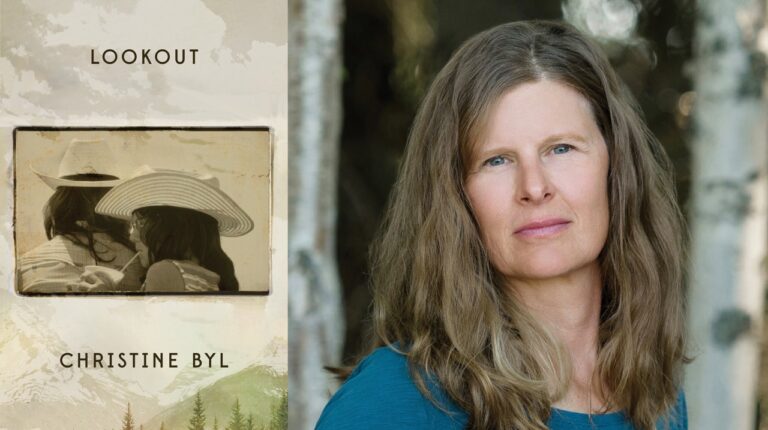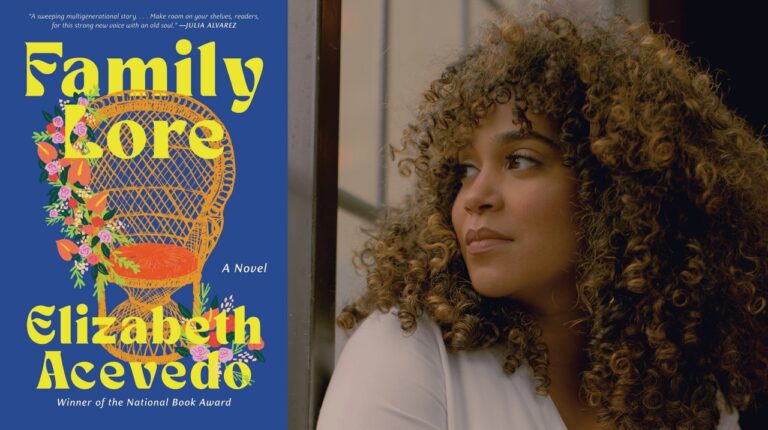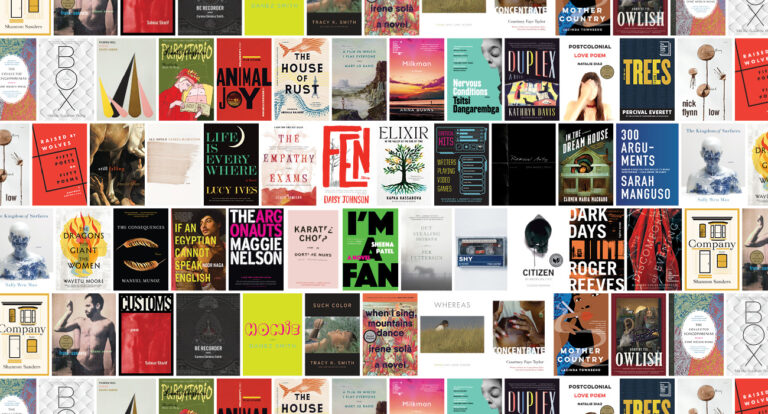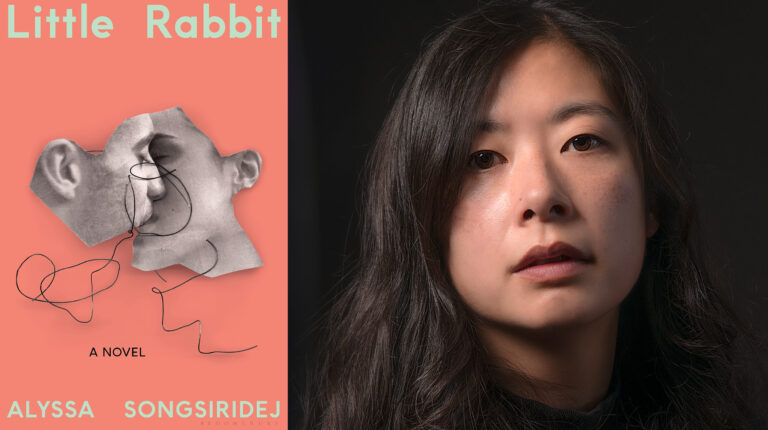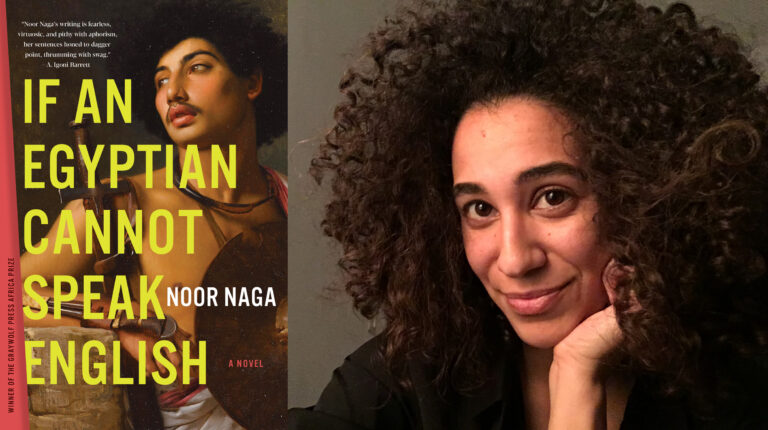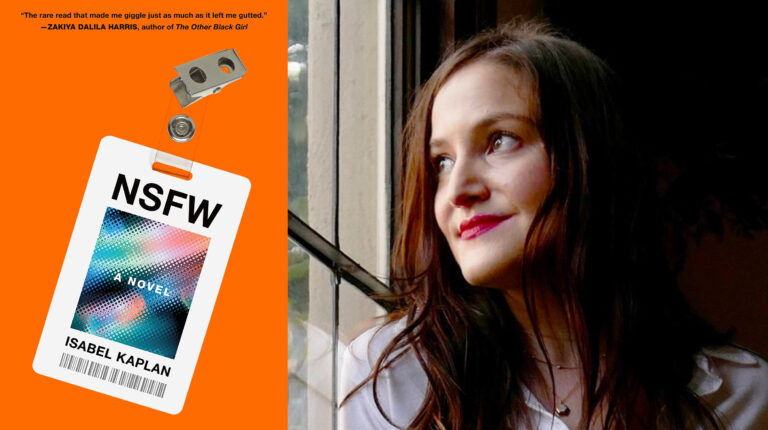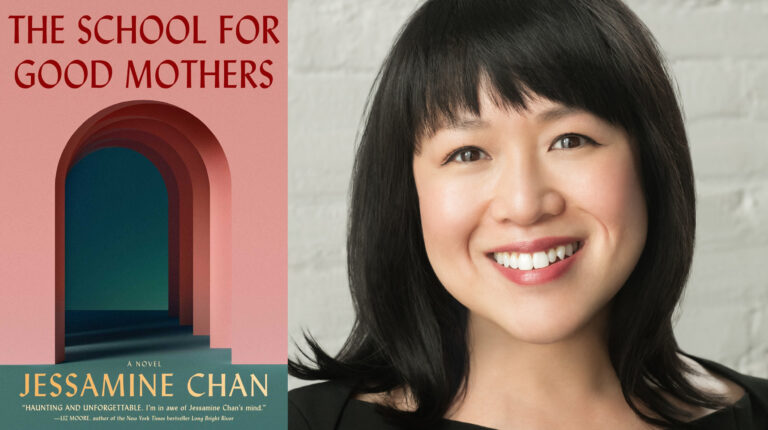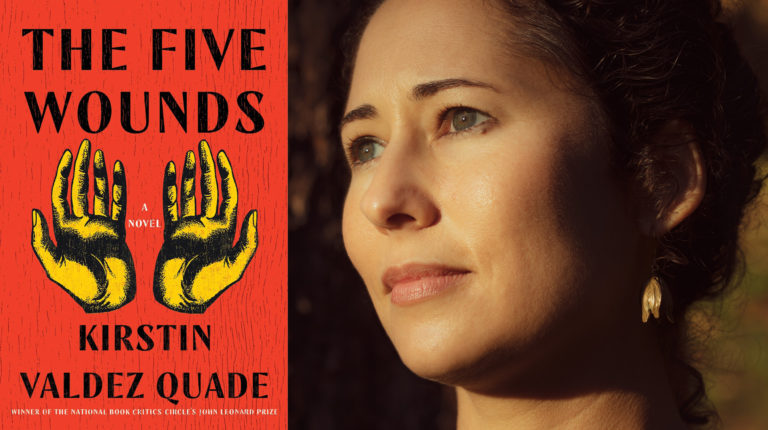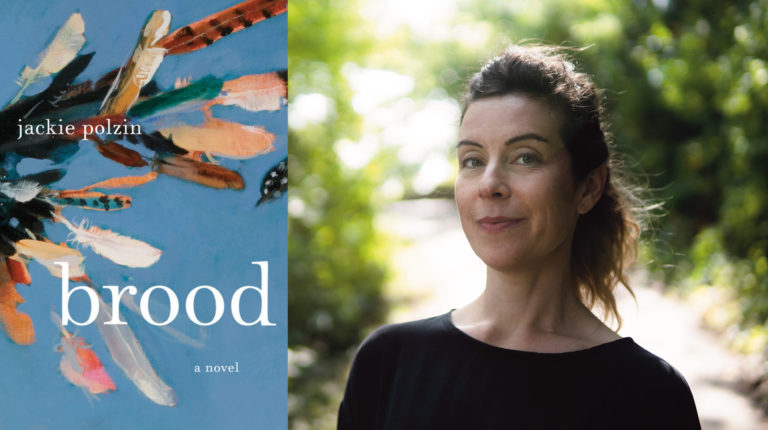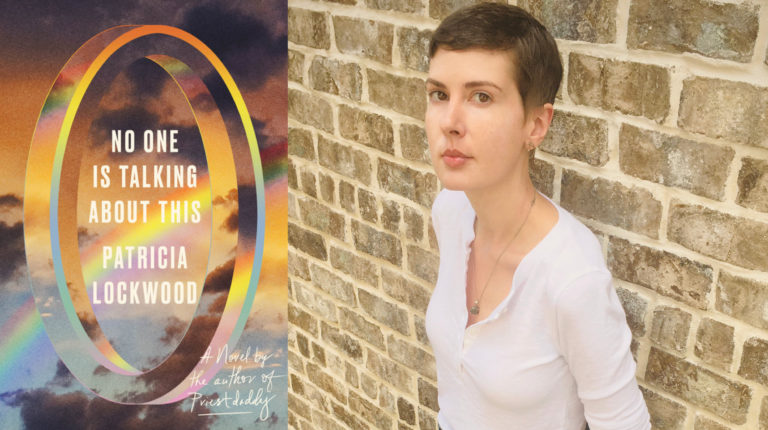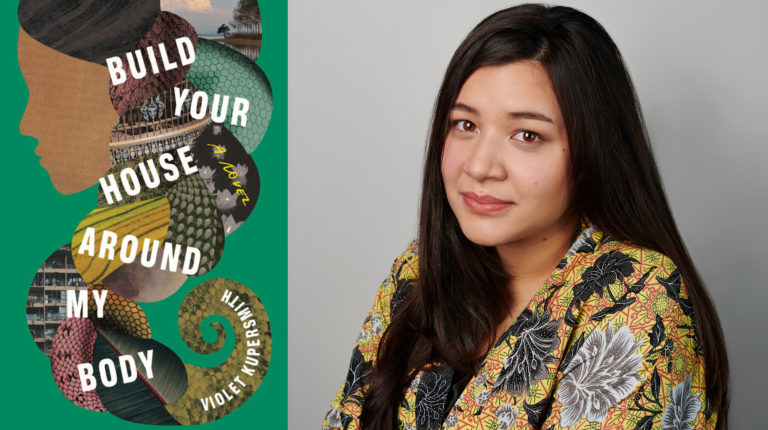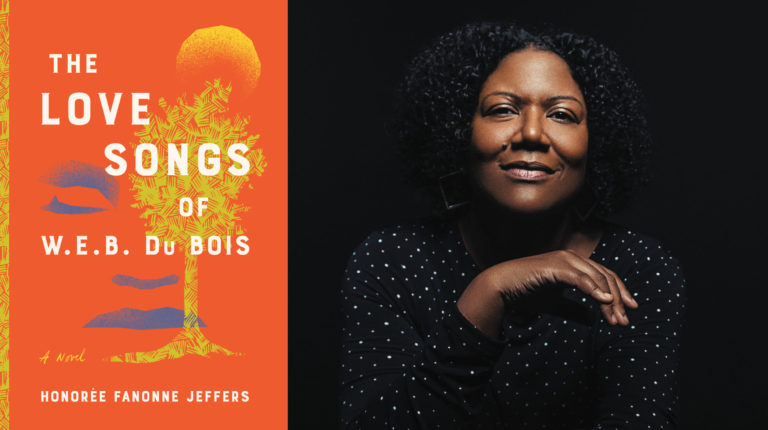The revered author talks to MaryAnne Kolton about finding refuge in literature, appreciating language, and giving back to younger writers
Charlie (as you just told me you prefer to be called), you have said that your father died when you were quite young; you did not live in a neighborhood setting, and had a solitary and, I would guess, rather unhappy childhood. You also mentioned you felt the need to be ever alert for what might happen next within your family. Basically, a childhood of daydreams, self-preservation, and escapism. Would you say that reading and creating alternate life situations through storytelling were merely coping skills, or an early sign of the creativity to come?
You forgot alcoholism. There was also alcoholism in my family, which made me retreat even further into myself but also made me a really good observer. If you have alcoholics in the house, the younger members of the household often are very watchful. I really responded to movies and TV before I responded to books. Books were what I grew into. So much of my early writing was so bad that I’d be hard pressed to say that any of it was a sign of the creativity to come. I was a slow learner, but like many, many, many other daydreamers and escapists, I found that books, movies, and music were forms—places—I could go to for refuge and, I suppose, for meaning. So that’s where I went.
You most certainly are not alone in that regard. So many writers seem to have discovered that books, movies, and daydreams provided excellent places to hide from childhood chaos. Moving on, here are some words for you to ponder:
James Jones: “The quality which makes man want to write and be read is essentially a desire for self-exposure and masochism.”
George Orwell: “All writers are vain, selfish and lazy, and at the very bottom of their motives lies a mystery.”
John Fowles: “There are many reasons why novelists write—but they all have one thing in common: a need to create an alternative world.”
Anne Lamott: “We are a species that needs and wants to understand who we are. Sheep lice do not seem to share this longing, which is one reason why they write so little.”
They can’t all be right, can they? Would you address each of these quotes briefly?
For me, Anne Lamott is closer to the truth than James Jones is, but there are as many different reasons to write as there are different kinds of people. James Jones’ statement sounds like the outburst of a smart and very embittered man. Orwell’s statement is self-evidently incorrect: Writing can be hard work, so all writers cannot be lazy. It all depends what you think your writing is doing in the world. If it’s creating a model for understanding your experience, then you’re not creating an alternative universe, but a model (which is not an alternative). That’s why children and adolescents really start to love fiction, because it gives them a way of understanding what has already happened to them and what may still happen to them. At its best, fiction is not a diversion but a means of knowing the world.
In re-reading many of your stories, I find adverbs generously sprinkled throughout. What are your feelings about the trend toward minimalism—why say it in four words when one is sufficient?
“Thy turfy mountains where live nibbling sheep.” That’s Shakespeare, The Tempest. Philip Levine’s essay on his teacher John Berryman reminds us that it isn’t quantity in adjectives or adverbs that should bother us, but quality. Four words instead of one might be undesirable when you’re giving directions, but poetry and great fiction don’t depend on what is “sufficient” except in plot summaries. They depend on what is eloquent and beautiful and true. Adjectives and adverbs give us gradations, qualities, shades of feeling. Language itself has its own glory, beyond the uses that people put it to.
I just heard a huge sigh of relief from some writers who feel as if they have been freed from “minimalist prison” by your response to that last question. You’ve also remarked that in your writing groups the participants have a very specific way of addressing one another’s work. Will you tell me a bit about that?
Who put any writer in prison? If a writer is in minimalist prison, it’s because he put himself there and is addicted, through insecurity, to a particular formula. Sorry to sound so harsh, but writers put themselves into prisons all the time. It’s almost an addiction.
As for workshops, you need to do the author a favor and describe his/her work first. What is it about? What form does it take? What’s the ratio of exposition to scene? What seems to be at stake in the story? How would you describe the tone and voice and stance of the piece? Are there places in the story where the content and form seem to be at odds, at cross purposes, and other places where they seem to be working together? If you get all that stuff out on the table first, the author won’t mind if you make suggestions or suggest cuts. But if you start by saying, “There’s an owl in this story/poem/essay, and I don’t like owls,” you won’t get anywhere. That’s not criticism. That’s just an announcement of taste. And it makes authors crazy to hear comments like that.
Many writers enjoy the discipline and the challenge of confining themselves to 500 or 1000 words. For others, to write such short text all the time would be too restrictive.
Your approach to workshop critique is fascinating. One must take the time to be quite familiar with a piece and to have discovered a great deal about it before admitting to disliking the owl.
Charlie, I feel as if you and I have been deep in conversation in front of a warm fire in a handsome library, and someone has just interrupted us to say that it’s time for dinner. However, I appreciate the value of your time, so this will be the final question.
At least three or four times a year, I begin to read a work of new fiction, and find that you are either acknowledged or the book has been dedicated to you. Your creative skills and educational acumen have obviously influenced legions of authors over the years. Your kindness, encouragement, and generosity has produced some very fine work indeed. What do you see when you look back at those years?
What do I see when I look back? I don’t look back much. Whenever it does occur to me to reflect on any of my work, I just think that when I was trying to break into the writing life, I was usually treated like an ignorant know-nothing scumbag by a lot of editors and agents. I have their letters to prove it. The agents and editors and teachers who were kind to me—well, I never forgot their kindness or the way they made my life easier, and they served as a model to me of what I wanted to do for younger writers. If you want to practice an art, someone probably needs to be there to teach you the craft and to tell you what seems to be characteristic of your work. That’s basically what I’ve tried to do in my teaching. Maybe we have too many writers and not enough readers. My favorite kind of person is someone who can’t stop talking about books. Writers are fine. But it’s the readers I love.


